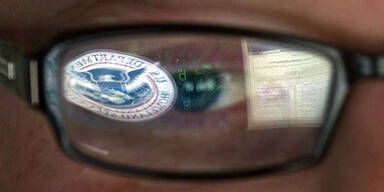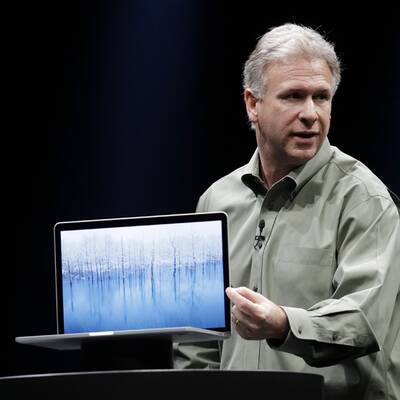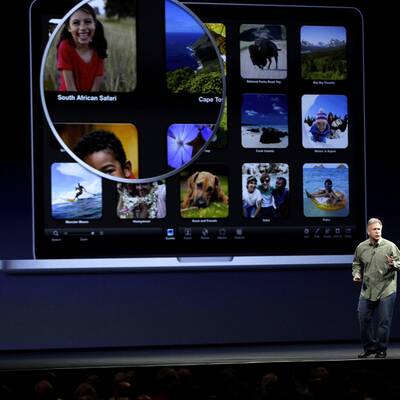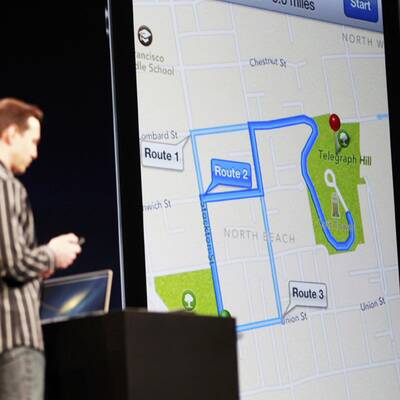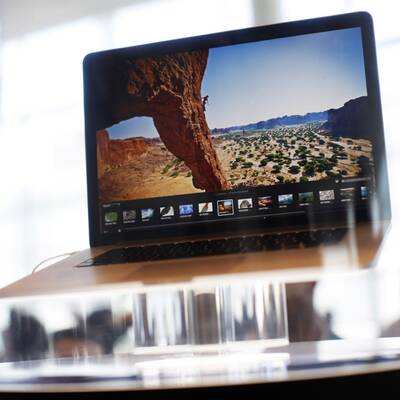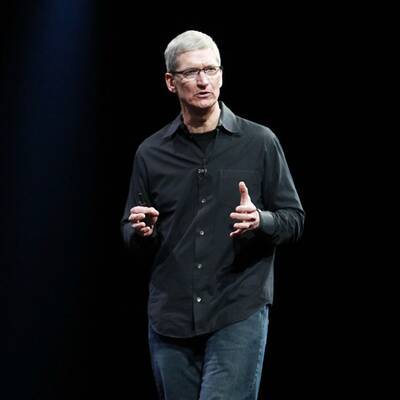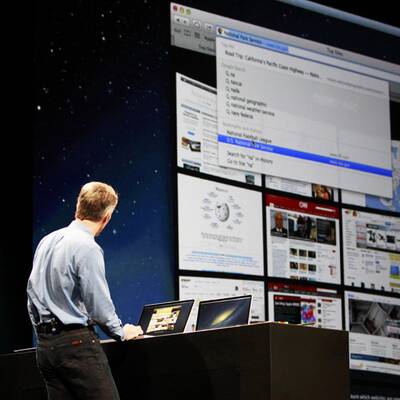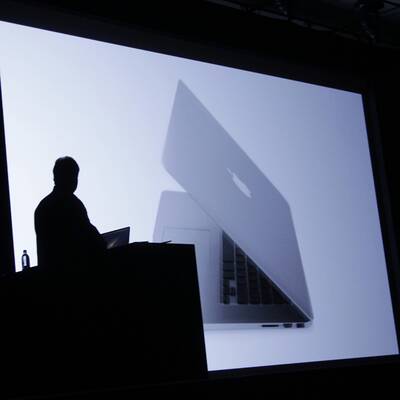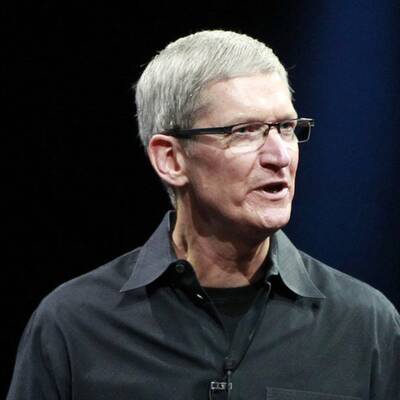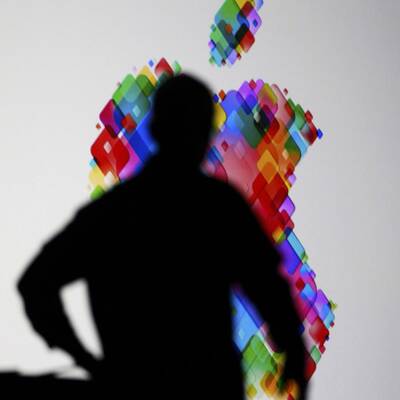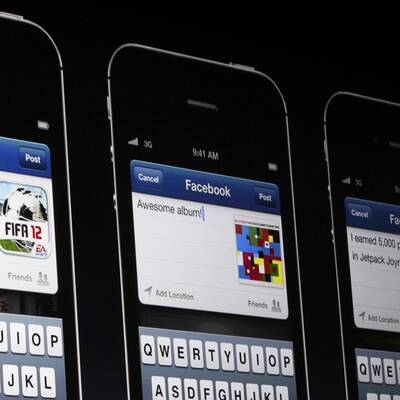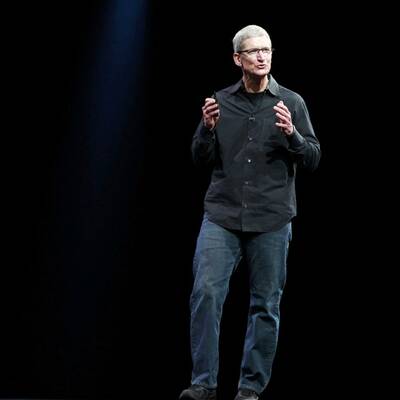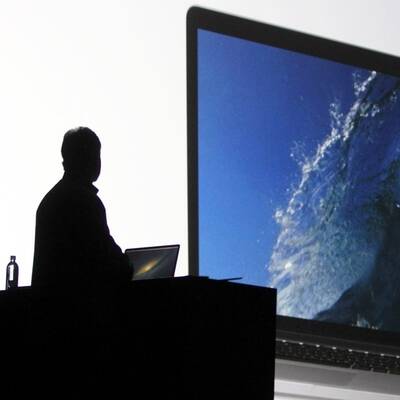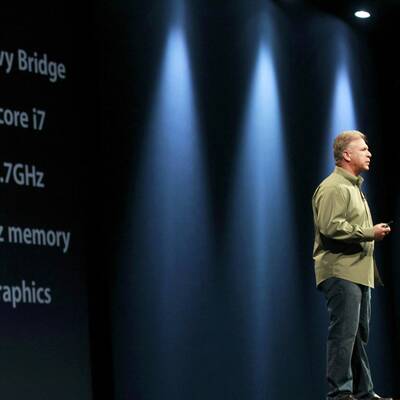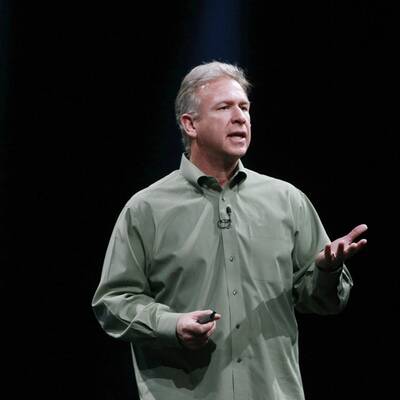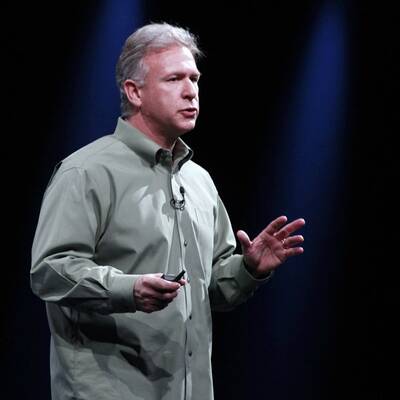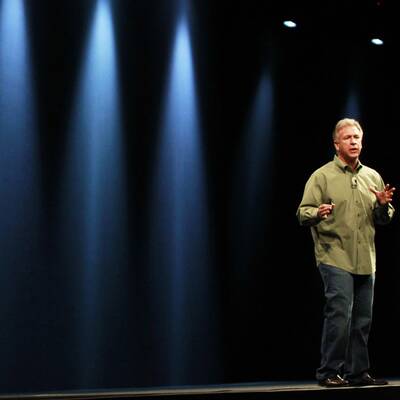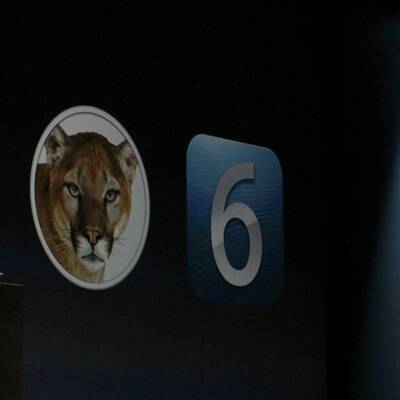Auf dem Rechner waren Millionen Datensätze von Apple-Usern gespeichert.
Anhänger des Anonymous-Ablegers "AntiSec" haben einen Rechner eines FBI -Mitarbeiters geknackt und sind dabei auf äußerst interessante Inhalte gestoßen. Wie die Hacker mitteilten, waren auf dem Computer nämlich haufenweise Daten von iOS-Usern gespeichert.
12 Millionen Datensätze
Wie es in der offiziellen Erklärung heißt, sind die Hacker auf dem FBI-Rechner auf rund 12 Millionen UDID-Nummern (Unique Device Identifiers) von Apple-Usern gestoßen. Da diese Nummern u.a. mit Namen, Adressen und Telefonnummern der Apple-User verknüpft sind, konnten die Hacker auch diese Informationen abgreifen. Zum Beweis stellten sie eine Million gestohlene UDID-Nummern ins Internet. Die persönlichen Daten wurden dabei unkenntlich gemacht. Als Schwachstelle für den Zugriff nutzten die Angreifer eine Java-Lücke. Die Daten der iOS-Nutzer waren in dem File "NCFTA_iOS_devices_intel.csv" gespeichert.
Kritik an FBI und Apple
Viel interessanter als der Angriff an sich ist jedoch die Frage, warum das FBI die Daten von Millionen Apple-Usern speichert. Offensichtlich wurden die betroffenen Personen vom FBI einfach so überwacht und getrackt. Verdächtig oder kriminell sind sie nämlich nicht. Eine Stellungnahme der amerikanischen Bundesbehörde gibt es (noch) nicht. Aber auch Apple steht in diesem Zusammenhang in der Kritik. Der Hack zeigt nämlich, wie gefährlich es ist, wenn UDIDs genutzt werden, die direkt mit den User-Daten verknüpft sind. Bei Apple ist das bereits seit Jahren der Fall.
© AP
Apple stellte neue MacBooks, iOS 6 und Mac OS X Mountain Lion vor.
© AP
Apple stellte neue MacBooks, iOS 6 und Mac OS X Mountain Lion vor.
© Reuters
Apple stellte neue MacBooks, iOS 6 und Mac OS X Mountain Lion vor.
© Reuters
Apple stellte neue MacBooks, iOS 6 und Mac OS X Mountain Lion vor.
© Reuters
Apple stellte neue MacBooks, iOS 6 und Mac OS X Mountain Lion vor.
© Reuters
Apple stellte neue MacBooks, iOS 6 und Mac OS X Mountain Lion vor.
© AP
Apple stellte neue MacBooks, iOS 6 und Mac OS X Mountain Lion vor.
© Reuters
Apple stellte neue MacBooks, iOS 6 und Mac OS X Mountain Lion vor.
© Reuters
Apple stellte neue MacBooks, iOS 6 und Mac OS X Mountain Lion vor.
© Reuters
Apple stellte neue MacBooks, iOS 6 und Mac OS X Mountain Lion vor.
© Reuters
Apple stellte neue MacBooks, iOS 6 und Mac OS X Mountain Lion vor.
© Reuters
Apple stellte neue MacBooks, iOS 6 und Mac OS X Mountain Lion vor.
© Reuters
Apple stellte neue MacBooks, iOS 6 und Mac OS X Mountain Lion vor.
© Reuters
Apple stellte neue MacBooks, iOS 6 und Mac OS X Mountain Lion vor.
© Reuters
Apple stellte neue MacBooks, iOS 6 und Mac OS X Mountain Lion vor.
© Reuters
Apple stellte neue MacBooks, iOS 6 und Mac OS X Mountain Lion vor.
© Reuters
Apple stellte neue MacBooks, iOS 6 und Mac OS X Mountain Lion vor.




